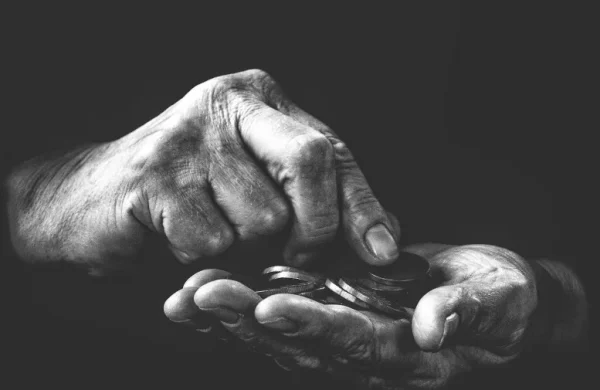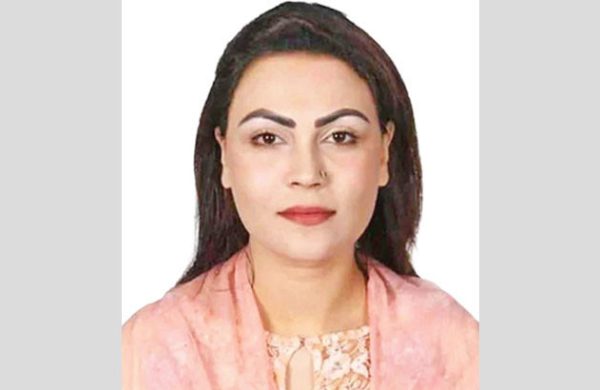The price of survival
- Update Time : Friday, May 23, 2025

—Shabnam Sultana—
Poverty is not the only problem that the poor have to face. The poor don’t read GDP reports, but they feel every shock, every price hike, every day a little heavier than the last. The World Bank has downgraded Bangladesh’s GDP growth forecast to 3.3% for FY2024-25, lowest in 36 years. For policy-makers, it’s a wake up call; but for ordinary people, it’s just proof of what they already know. Life is getting harder and “development” feels hollow.
An estimated three million more people are hanging onto their last thread and will fall into extreme poverty this year, pushing the rate from 7.7% to 9.3%. Incomes are stagnant, jobs remain scarce and household budgets are on fumes. Will the upcoming budget address these struggles or just going to sidestep them again?
But you don’t need any report to see it. Just go to the bazaar, prices dipped during Ramadan but shot back up right after. Eggs now cost TK125-130 a dozen. Green papaya, which was once among the most affordable vegetables, is now selling at Tk60–80 per kg, alongside gourd, okra, and others. Meanwhile, medicine prices have risen adding to households’ strain as they juggle between health and food bills. A household with a diabetic or cardiac patient has to spend half of their income on prescription drugs, cutting back on food and other essentials.
Against this backdrop, the recent recommendations from the health reform commission are a welcome step. Proposals are given to remove VAT on medicines for cancer and diabetes patients, providing free essential medicines at the primary level, and guaranteeing healthcare access for the unprivileged. These are necessary moves, especially the goal for free treatment for 20% of ultra-poor and subsidized care at private hospitals.
But the harsh truth is that you can’t treat a malnourished child or a diabetic patient if the family can’t afford to eat a proper, nutritious meal. Until food inflation is minimized as promised, even free medicine is a half measure. The first line of health care is nutrition, if people can’t eat, they’ll stay sick no matter how much the medical bills are subsidized. And food security isn’t just about health, it is also about pay scale. Families who once managed somehow are now slipping. They have started to skip meals along with lessening their medical visits. When rent climbs, earnings stay stuck, and costs keep rising, what does “GDP growth” mean to them?
We hear that Bangladesh is on a development path, and in many ways, it is. As we set off to graduate LDC in 2026, we can’t afford to leave more people behind. But economic stats often miss the desperation in every home. If food inflation fell, on paper that’s progress, but for someone earning minimum wage, even a Tk10 hike feels like being pushed off a cliff.
What we need is a national pay policy, covering every sector, updated annually, with real penalties for non-compliance. But the upsetting part is that the current minimum wage for the RMG sector is reviewed every five years. In construction, agriculture, domestic work where millions are employed there’s no wage floor. In the tannery sector, 56% of workers earned less than the legal minimum. These people do not watch the press conferences, rather they feel the economy in their stomach when the lunch gets smaller every day.
If we want true growth we must start with dignity, food that’s affordable, work that’s paid fairly and policies that serve people not just markets. Despite recent discussions to expand social protection in the upcoming budget, we’ve seen every year a major portion of the social safety net spending has consistently been allocated for pension, interest payments, and subsidies, leaving the vulnerable ones suffering in silence.
However, the introduction of “Dynamic Social Registry”, if monitored correctly, seems like a smart move to minimize corruption and target the real beneficiaries. But the question remains, how long will it take for the people, who often go without meals, to feel the impact of these decisions? Until then, they continue to live hand-to-mouth, hoping for change they can feel.
—————————————————————
Shabnam Sultana is a freelance contributor.



















